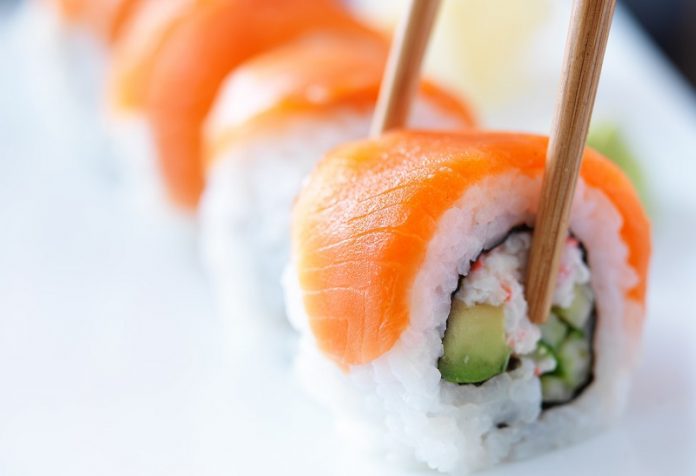
Scientists from National Center for Geriatrics and Gerontology and elsewhere found eating a Japanese-style diet may reduce the risk of cognitive decline.
Cognitive decline can range from mild cognitive impairment to dementia, a form of decline in abilities severe enough to interfere with daily life. Alzheimer’s disease is the most common form of dementia.
Previous studies have found associations between gut health and cognitive decline. However, the effect of dietary patterns on such associations has not been clear.
In the current study, researchers aimed to evaluate the links between adherence to a Japanese-style diet, gut microbiota, and cognitive decline.
A Japanese diet is rich in steamed rice, noodles, fish, tofu, natto, seaweed, and fresh, cooked, or pickled fruits and vegetables but low in added sugars and fats.
It may also contain some eggs, dairy, or meat, although these typically make up a small part of the diet.
The researchers also aimed to evaluate the three forms of the Japanese diet index to determine which would show the closest links with cognition and gut microbiota.
They used data from a hospital-based study dataset and assessed 85 older patients’ dietary composition, risk factors, cognitive function, brain imaging, and gut health.
The team found that compared with participants who had dementia, those without dementia were more likely to consume healthy foods, including fish and shellfish, mushrooms, soybeans, and soybean-derived foods, and coffee.
There were some trends toward lower levels of gut microbial metabolites in people with a more traditional Japanese diet.
The team also found people with dementia had lower scores for a traditional Japanese diet than those without.
Based on the findings, the researchers suggest that adherence to a traditional Japanese diet is linked to a lower risk of cognitive decline and may be linked to lower levels of gut microbial metabolites.
The research was published in Nutrition and conducted by Naoki Saji et al.
Copyright © 2022 Scientific Diet. All rights reserved.








